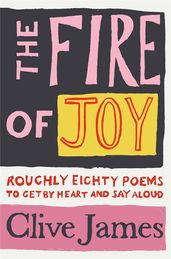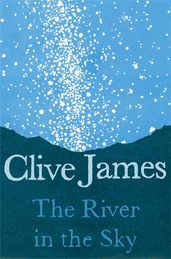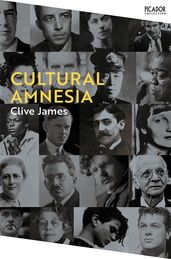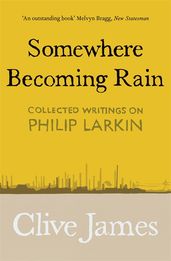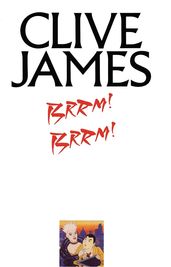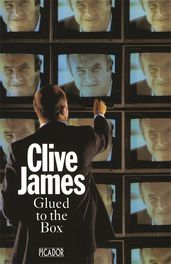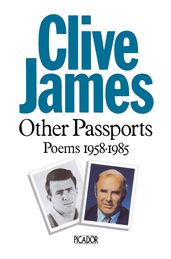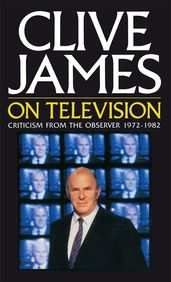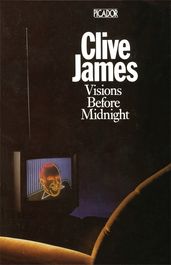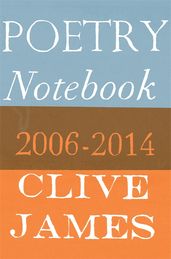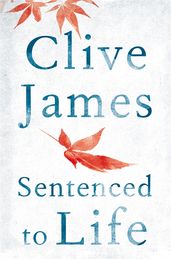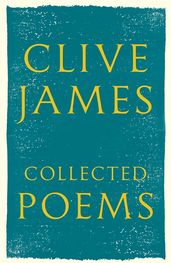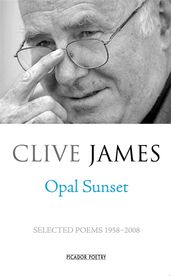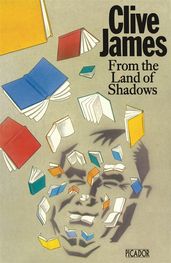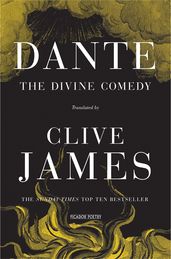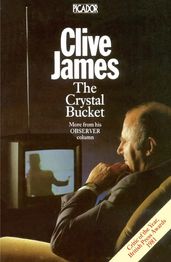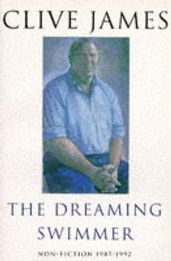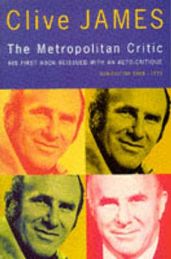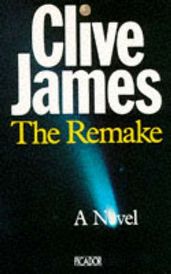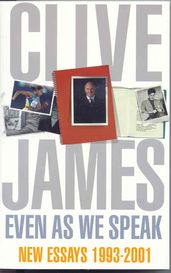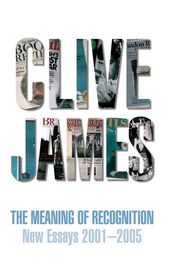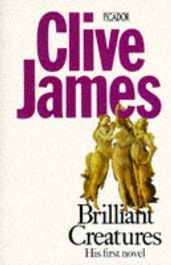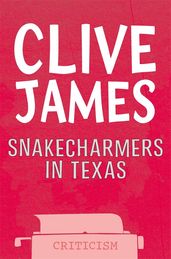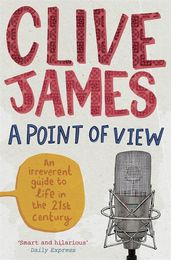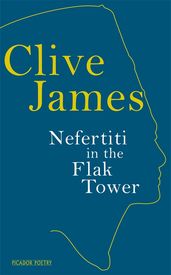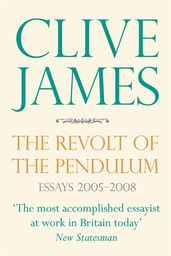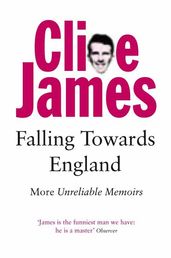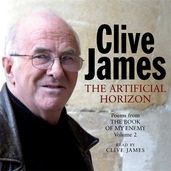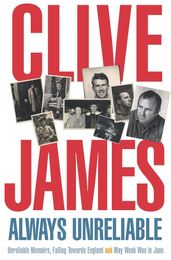Synopsis
Clive James was one of our finest critics and best-loved cultural voices. He was also a prize-winning poet. With his customary wit, delightfully lucid prose style and wide-ranging knowledge, Poetry Notebook draws together his best writing on the art form that mattered to him most.
'Marvellously entertaining' – Observer
'He reminds us that poetry is, or can be, "the most exciting thing in the world"' – Martin Amis
Since he was first enthralled by the mysterious power of poetry, Clive James was a dedicated student. For him, poetry was nothing less than the occupation of a lifetime; this book is a distillation of everything he learned.
From Shakespeare to Larkin, Keats to Pound, James explains the difference between the innocuous stuff that often passes for poetry and a real poem: the latter being a work of unity that insists on being heard entire and threatens never to leave the memory.
A committed formalist and an astute commentator, he offers close and careful readings of individual poems and poets, and in some case second readings or re-readings late in life – just to be sure he wasn't wrong the first time.
Whether discussing technical details of creativity or simply praising his five favourite collections of all time, he is never less than captivating.
'I read Clive James's Poetry Notebook standing by my poetry wall to save getting up and down, and my wall turned out to be just railings' – Tom Stoppard
Details
Reviews
The material was well worth collecting . . . entertaining . . . His hand has not lost its cunning
Clive James's Poetry Notebook reintroduced me to the intense pleasures of close reading. Although he has some hard - and funny - things to say about Ezra Pound, James is firmly committed to celebration. He reminds us that poetry is, or can be, "the most exciting thing in the world". And this is what literary criticism, and literary pedagogy, should aim for: not to add a further encrustation of complexity, but simply to instil the readerly habits of gratitude and awe
I read Clive James's Poetry Notebook standing by my poetry wall to save getting up and down, and my wall turned out to be just railings
The book, although necessarily heterogeneous, stands as a whole as a manifesto to an essential faith in the force and beauty of language, especially language wrought to a high intensity by the shaping power of the poet. . .Few contemporary critics display the passionate commitment to the idea of poetry, and to the idea of poetry's centrality to civilized life, that James does

